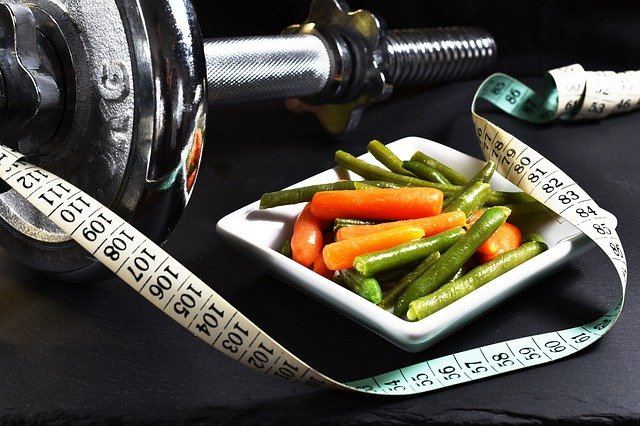While there are many fad diets and quick fixes people recommend for losing a few quick pounds after some overindulgence, the best way to lose weight and keep it off is to make certain lifestyle changes that allow for sustainable weight loss. This is the only sure-fire way to always look good in a swimsuit is to remember that while fad diets can give you short-term weight loss, it is slow and steady long-term weight loss that is important to maintain good health.

Why do we gain weight at all?
That is the million-dollar question, isn’t it? If you are someone who struggles with weight, you have probably been told that all you need is willpower more times than you care to remember. But obesity is caused by a combination of many factors and is not just limited to our eating habits. Because of the way our lifestyles have evolved, it is increasingly easier to make unhealthy choices.
With the consumption of fast food, ready meals, and takeaway meals becoming more and more common, we eat far more salt, fat, and sugar and in larger portions. Additionally, our physical activity levels have plummeted. The cherry on this cake is that with Covid and working from home, we have become more sedentary.
Incorporating intermittent fasting into your routine can be a powerful strategy for sustainable weight loss. When done correctly, fasting can help regulate your hormones, which in turn can boost your metabolic rate. This enhanced metabolic rate not only supports weight loss but also helps in maintaining a healthy weight over the long term. The key to successful intermittent fasting lies in understanding and aligning with your body’s natural rhythms and nutritional needs.
“With your hormones in harmony, fasting helps accelerate your metabolic rate—which also allows you to maintain a healthy weight.” said Cynthia Thurlow, NP, and Intermittent Fasting Expert, Lumen
To make the most of intermittent fasting, it is essential to focus on the quality of your diet during eating periods. Consuming nutrient-dense foods that meet your macro and micronutrient needs can ensure that your body remains nourished and energized. This balanced approach to nutrition and fasting can create a sustainable and effective framework for weight loss, supporting both your immediate and long-term health goals.
This means that we have to be even more careful about what we are putting in our bodies and how we burn the calories we do consume.
Make changes that suit your lifestyle
As mentioned earlier, there are scores of diets and plans that offer weight loss as a result. But a basic tenet of all successful diet plans is that the calories you consume need to be offset by the energy you use. Other than that, diets work differently for different people, and the primary reason for that is a diet “sticks” only when it is something that suits our existing lifestyles and palates.
For instance, if you can’t stand fruit, an all-fruit cleanse is probably not for you. Similarly if the meals on a keto diet menu interest and excite you, you are more likely to stick out with it. It is helpful not to think about it as a diet but as an approach that can be sustainable. To find out what will work for you, you have to be realistic about your lifestyle, budget allowances, cooking abilities, and food preferences. Your changes need to be long-term to have a lasting impact on your weight, so they have to be something you can stick with.
Get in some physical activity
Physical activity is a sure-fire way to get the most of your healthy food choices. If you can adapt and adapt to a combined change of adding a healthy diet and exercise to your routine, that is your best bet for success. Think of ways that you can add physical activity to your day in addition to working out, like walking when you can, taking the stairs as much as possible, etc.
Finally, be persistent in your lifestyle changes and don’t give up!